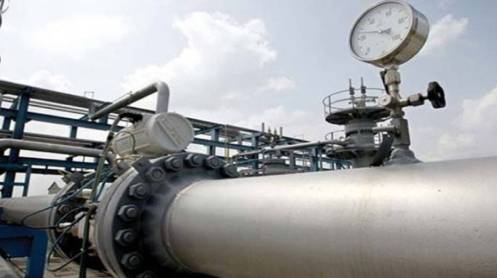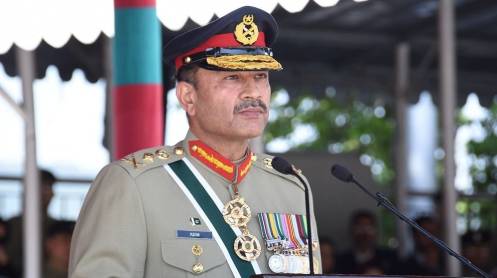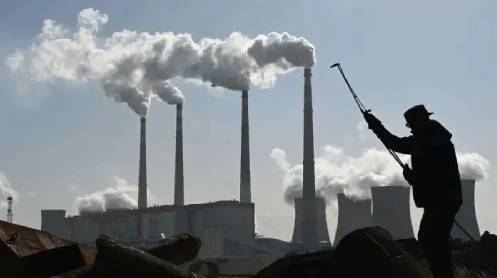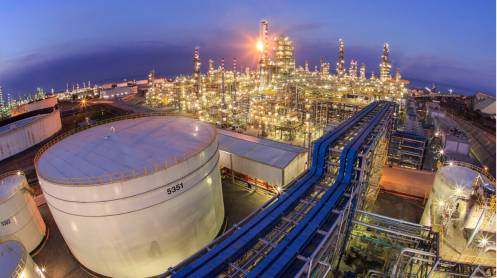ISLAMABAD: The government is considering maintaining the natural gas sale price from July 1, 2024, contrary to the 10% reduction in system gas prices recommended by the Oil and Gas Regulatory Authority (OGRA). This move aims to reduce the prior years’ shortfall, which has reached Rs1,500 billion, by Rs100 billion in a staggered manner.
Maintaining the gas prices is also intended to facilitate the IMF’s $6-8 billion loan program. The government is likely to keep gas prices unchanged for the fertilizer sector but will increase the gas price for captive power plants to Rs2,900 or Rs3,000 per MMBTU from the current Rs2,750 per MMBTU under IMF directives.
“The IMF has already asked the government to hike the gas tariff of captive power plants on par with RLNG tariff of Rs3,700 per MMBTU by January 1, 2025,” senior officials of the Energy Ministry told The News. “The remaining increase of Rs700-800 per MMBTU will be made by January 2024.”
According to officials, the IMF argues that captive power plants have 30-35 percent efficiency, with most of these plants installed in the Sui Southern network. The IMF has also recommended connecting all captive power plants to the national grid electricity. These plants use natural gas to generate electricity for industrial consumption, and some also sell electricity to power distribution companies (Discos).
Maintaining gas prices could generate Rs100 billion in surplus revenue for the government, which is proposed to be used in reducing the previous years’ deficit. The gas sector’s circular debt has swelled to Rs2,900 billion. Reducing the deficit by Rs100 billion annually would take seven years to eliminate the Rs1,500 billion shortfall.
However, there is political pressure to slash the 10% gas sale price from July 1, 2024, to gain public approval. The debate continues on whether to reduce the gas tariff or maintain it at the existing level.
With the proposed hike in gas prices for captive power plants, Sui Gas companies will generate an additional Rs100 billion in revenue annually.
Currently, no subsidies are extended to domestic consumers for natural gas usage. Industrial and high-end domestic consumers provide a net cross-subsidy of Rs110 billion per annum to protected and some non-protected consumers. The IMF has also urged the government to ensure gas tariff adjustments twice a year, on July 1 and January 1, to prevent new increases in gas circular debt.





